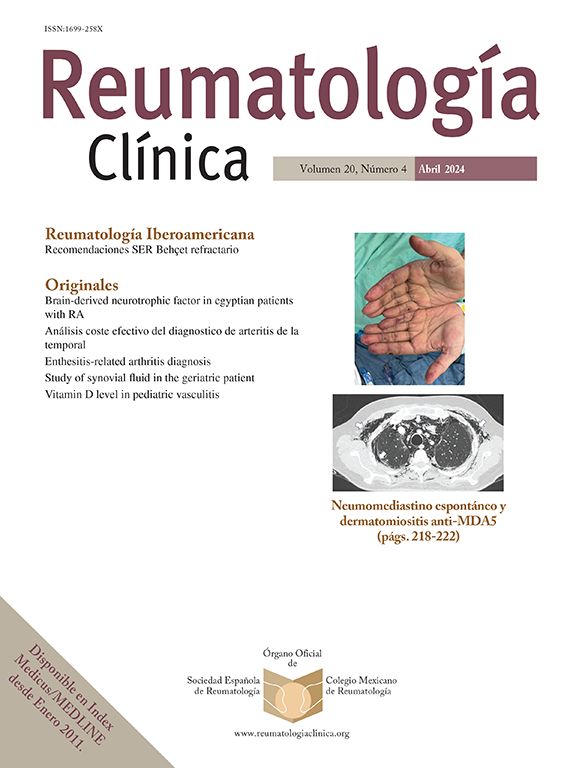La prática del trasplante de células progenitoras para las enfermedades autoinmunitarias severas refractarias a terapia convencional parte de dos descubrimientos: los excelentes resultados de los experimentos animales, y las observaciones descubiertas en humanos con enfermedades coincidentes. Los datos de los estudios experimentales y en fase temprana I-II en algunos pacientes altamente seleccionados sugieren que la quimioterapia a dosis elevadas seguidas por trasplante autólogo de progenitores hematopoyéticos (TPH) puede detener la progresión de enfermedades autoinmunitarias (EAI) severas con un aceptable riesgo/beneficio. En este artículo revisamos los ensayos en fase II-III prospectivos, multicéntricos, aleatorizados en diferentes EAI. Por otra parte, el trasplante alogénico de células progenitoras para EAI está siendo cautelosamente explorado en protocolos actuales.
The use of stem cell transplantation for severe autoimmune diseases refractory to conventional therapy arose from two discoveries: the excellent results of animal experiments, and serendipitous observations in human coincidental diseases. Experimental data and early phase I-II trials in highly selected patients suggest that highdose chemotherapy followed by autologous hematopoietic stem cell transplantation can arrest progression of severe autoimmune diseases with an acceptable risk/benefit ratio. The present article reviews the phase II-III prospective, multicenter, randomized trials that have been performed in distinct autoimmunediseases. In addition, allogeneic stem cell transplantation for autoimmune diseases is being cautiously explored in current protocols.






